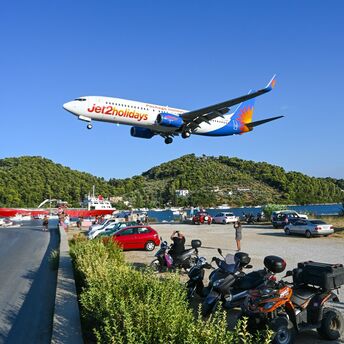Regional Bus Fares to Increase in West Midlands

Starting at the end of June, travelers in the West Midlands should expect an average increase of 6% in regional bus fares. This change is driven by the need to address rising operational costs. Notably, the bus day ticket will increase by 30p to £4.80, while the four-week fare will rise from £60 to £64, as agreed by all bus operators in the Transport for West Midlands (TfWM) area.
Despite this fare hike, the new prices remain competitive compared to those in Liverpool City Region and Greater Manchester. Importantly, the single fare will stay capped at £2 under a Department for Transport agreement, at least until the end of the year.
This fare adjustment ensures the continuation of the current level of bus services while TfWM reviews the long-term sustainability of the region's bus network. The results of this review, which began last year, will be presented to the West Midlands Combined Authority (WMCA) Board next month.
With 232 million journeys annually, buses are integral to the West Midlands' public transport system and TfWM's goals to reduce car use, cut traffic congestion, improve air quality, and achieve net-zero carbon targets. Many residents depend on buses for commuting to work, school, college, shopping, and medical appointments.
However, the bus industry is under financial pressure due to rising costs of fuel, maintenance, and labor, along with passenger numbers lingering at 90% of pre-Covid-19 levels. To support essential services and prevent more significant fare increases or service cuts, TfWM, part of the WMCA, contributes around £50 million annually to the bus network.
Pete Bond, director of integrated transport services with TfWM, said, "Despite many challenges, we have worked with bus operators since the pandemic to keep fare rises to an absolute minimum. Fares remain of great value for the many people who rely on buses daily. We are also working on plans to secure the long-term future of our bus network and will announce the results of the review in the coming weeks."
Using Bus Service Improvement Plan funding, TfWM has standardized fare structures across all private operators, ensuring passengers do not pay extra when switching between companies. New Transport Safety Officers have been deployed to enhance passenger safety, deter crime, and address anti-social behavior.
Further investments are focused on improving infrastructure, such as adding more bus lanes and priority junctions to boost reliability on key routes, providing real-time journey information, and introducing zero-emission electric buses through the Coventry All-Electric Bus City project.



















